Dhaka has secured the fourth position on the global list of cities with the worst air quality, recording an AQI score of 173 at 8:55 am on February 6, 2024. The air quality in Dhaka is classified as 'unhealthy,' with Ghana’s Accra, Myanmar’s Yangon, and Pakistan’s Karachi ranking higher with AQI scores of 292, 185, and 178 respectively.
When the AQI value for particle pollution falls between 101 and 150, air quality is considered 'unhealthy for sensitive groups,' while a range of 150 to 200 is deemed 'unhealthy.' Readings between 201 and 300 are categorized as 'very unhealthy,' and a score of 301 or above is considered 'hazardous,' posing serious health risks.
The AQI serves as a daily air quality index, indicating the cleanliness or pollution level of a city's air and the potential health effects. In Bangladesh, the AQI is based on five pollutants: particulate matter (PM10 and PM2.5), NO2, CO, SO2, and ozone.
Dhaka has a history of grappling with air pollution, typically worsening in winter and improving during the monsoon. According to the World Health Organization (WHO), air pollution globally causes an estimated seven million deaths annually, primarily attributed to increased mortality from stroke, heart disease, chronic obstructive pulmonary disease, lung cancer, and acute respiratory infections.



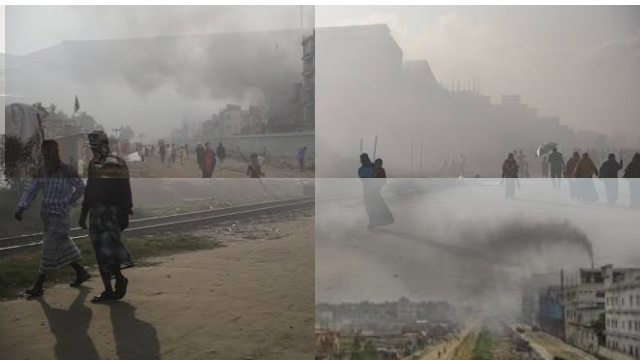


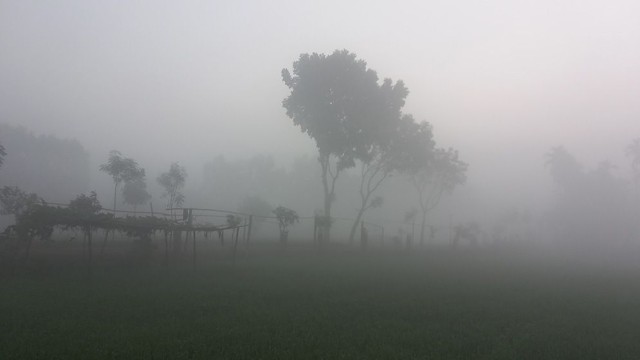
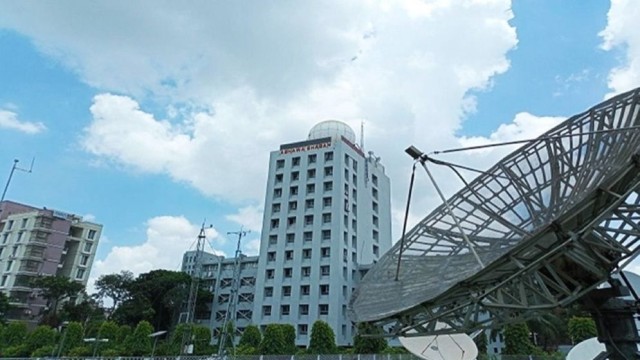
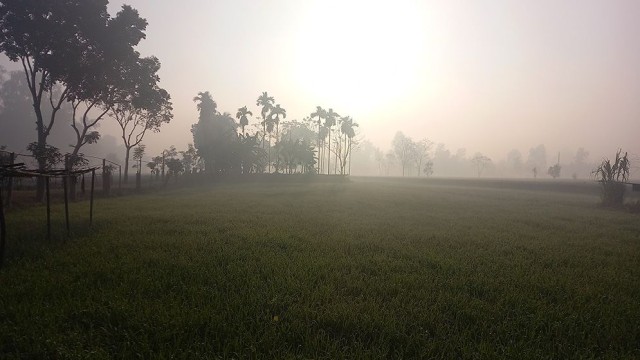
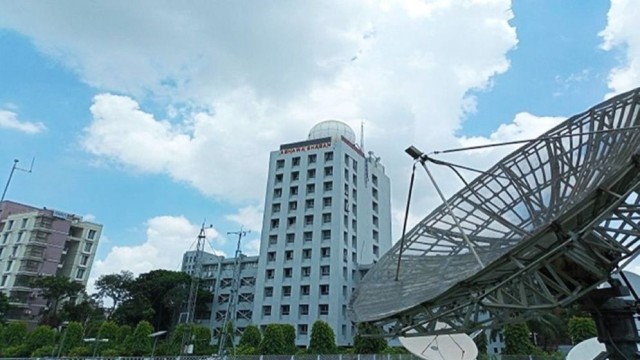





















Comment: